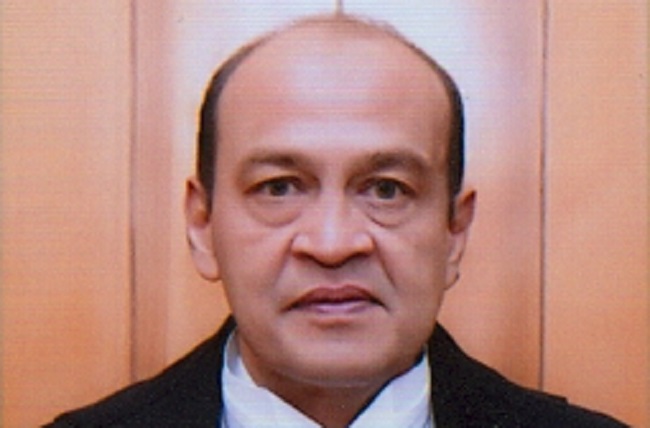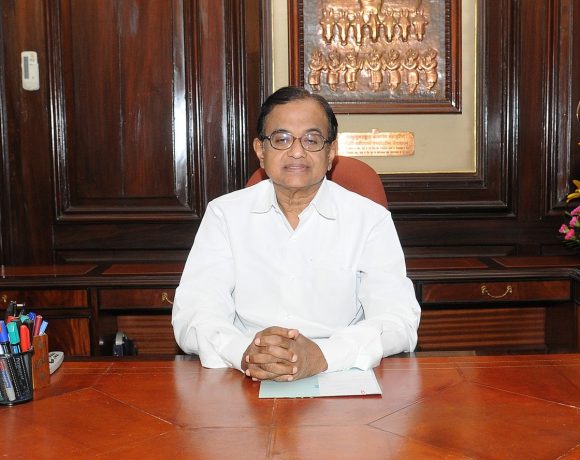
SC Declines FIR Plea in Justice Varma Cash Row
The Supreme Court of India on May 21, 2025, refused to hear a petition seeking the registration of a First Information Report (FIR) against Delhi High Court judge Justice Yashwant Varma, following the controversial recovery of a large sum of half-burnt currency from his official residence. The court advised the petitioner to first approach the competent authorities before seeking judicial intervention.
Justice Yashwant Varma: Cash Recovery Sparks Controversy
The issue dates back to March 14, 2025, when a fire broke out at Justice Varma’s central Delhi government residence. Firefighters, while controlling the blaze, discovered bundles of partially burnt cash stacked inside an outhouse on the premises. The incident immediately caught national attention, triggering outrage and calls for accountability from both civil society and political quarters.
In response, the Supreme Court initiated an in-house inquiry to ascertain the facts. The findings of this inquiry, along with Justice Varma’s response, were submitted to the highest constitutional offices including the President and the Prime Minister. However, the confidentiality surrounding the report has left the public questioning the transparency of the judicial system.
Supreme Court’s Stand on the FIR Request
A Supreme Court bench comprising Justices Abhay S. Oka and Ujjal Bhuyan ruled that before filing a writ petition under Article 32, the petitioner must approach the concerned investigative agencies. “We are not inclined to entertain the petition at this stage,” the bench observed, adding that other prayers in the plea would not be examined until the appropriate process was followed.
The plea had also demanded the appointment of an independent SIT and the filing of an FIR under provisions of the Prevention of Corruption Act. However, the court refrained from commenting on those aspects.
Political and Legal Ramifications
The controversy has taken a political turn, with Vice President Jagdeep Dhankhar publicly expressing concern over judicial integrity. He emphasized that constitutional authorities must not remain immune to scrutiny and stated that “an FIR must be the natural course of action in any case involving alleged wrongdoing, regardless of office.”
Legal analysts have noted that initiating an FIR against a sitting High Court judge typically requires prior sanction from the Chief Justice of India or the President. Critics argue that such procedural protections should not shield potential misconduct, especially when physical evidence, such as recovered cash, is involved.
The case has revived the debate on judicial accountability and whether current mechanisms are sufficient to ensure impartial investigations against members of the judiciary. While the internal probe continues behind closed doors, calls for transparency and action remain loud.


















